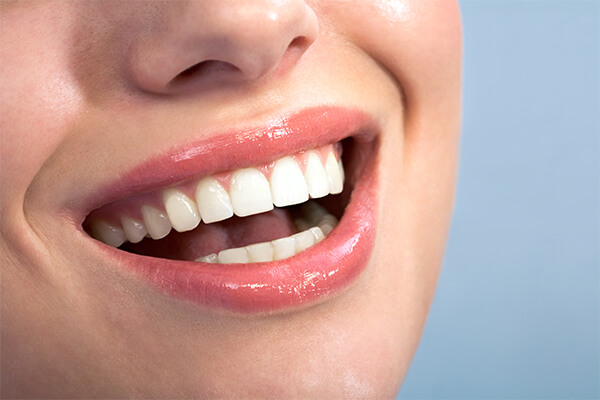Sjogren’s causes your immune system to go haywire and attack healthy cells instead of invading bacteria or viruses. When you have Sjogren’s syndrome, your eyes, mouth,and other parts of your body get dried out. There are treatments that bring relief, though. Conditions like this are called autoimmune diseases.

Your white blood cells, which normally protect you from germs, attack the glands that are in charge of making moisture. When that happens, they can’t produce tears and saliva. The issue for oral health occurs when the saliva glands are affected and flow of saliva is reduced. This autoimmune disorder appears across all racial and ethnic groups, but is more common in women ages 40-50 years (perimenopausal).
Common Autoimmune Disorders
Doctors don’t know the exact cause. You may have genes that put you at risk. An infection with a bacteria or virus may be a trigger that sets the disease in motion. Despite being one of the most common autoimmune disorders, it takes an average of 4.7 years to receive a diagnosis.
Sjogren’s Syndrome has been given two separate classifications. Primary, which manifests as dryness of the mouth and eyes, and secondary, which is associated with another systemic rheumatic autoimmune diseases such as scleroderma, rheumatoid arthritis or lupus.
Gingivitis
Some people say their mouth has a chalky feeling. Others say it seems like cotton. You may find it hard to swallow. Since you don’t have enough saliva, which helps protect your teeth from decay, there’s a chance you may get more cavities than other people. You could also get inflammation of your gums, called gingivitis. The most important needs of saliva are:
-Washes away food debris after eating and drinking.
-Maintains more neutral pH to counteract the acidic effects of bacteria.
-Retains calcium, phosphorus and fluoride ions to keep enamel strong.
-Moistens food and contains enzymes to begin digestion.

Indicator of Sjogren’s syndrome
Remember to notify your dental team if you feel you have been having dry mouth when you are seen for your visits. It may be caused by medications, but may also be an indicator of Sjogren’s syndrome. With the help of your dental team and your physician, you can get a definite diagnosis. If you have questions about Sjogren’s Syndrome or Xerostomia, we have information and helpful products available in our office.
References
Mouth Healthy – https://www.mouthhealthy.org/en/az-topics/s/sjogrens-syndrome
National Center for Biotechnology Information –https://www.ncbi.nlm.nih.gov/pubmed/18362310
ADHA – http://jdh.adha.org/content/89/6/365

Meet a practice where dentistry is friendly and patient-focused! Our team members have been part of our practice for many years and have turned making patients feel comfortable into a fine art.

